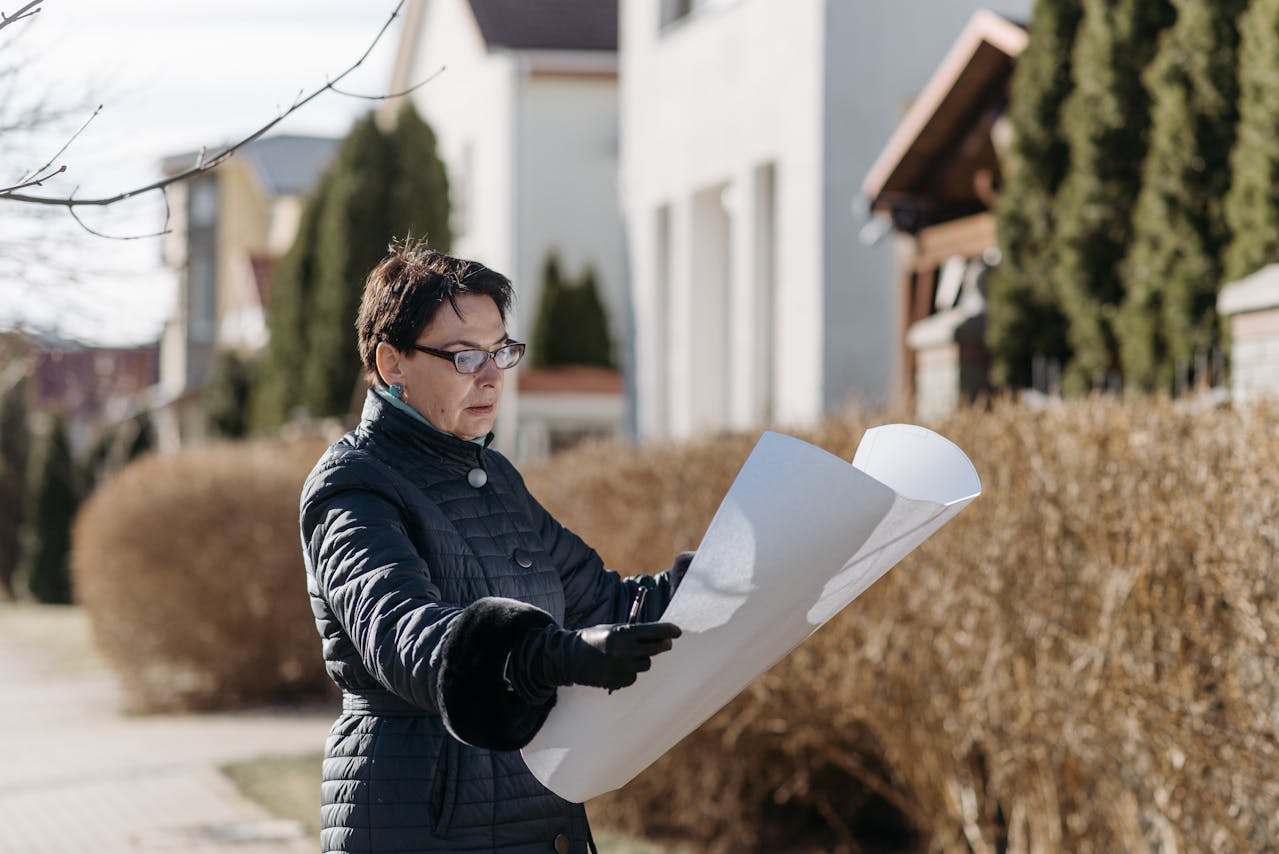
In today’s digital world, it’s tempting to use social media for all sorts of things—including estate appraisals. Families, real estate agents, and even some appraisers might try to estimate the value of a property or its contents based on photos posted online. But estate appraisals based on social media photos can be risky. Relying on images from Instagram or Facebook may seem quick and easy, but it can lead to inaccurate valuations, legal trouble, and financial headaches. Understanding these pitfalls is important for anyone settling an estate or planning for the future. Let’s break down exactly what can go wrong when estate appraisals depend on social media photos.
1. Misleading Visual Information
Social media posts are curated to show off the best angles and moments. When estate appraisals are based on social media photos, the images might not tell the whole story. A property’s flaws, such as water damage in the basement or outdated electrical systems, rarely make it into a Facebook album. These omissions can lead to an inflated value, since appraisers and heirs only see what the owner wanted to show. On the flip side, some valuable features—like custom millwork or antique fixtures—might not be visible in online posts at all. In both cases, the true value of the estate is hard to pin down from photos alone.
2. Lack of Context for Valuables
When it comes to personal property, context matters. A photo of a grand piano or a collection of artwork on Instagram doesn’t always reveal the make, model, condition, or authenticity. Estate appraisals based on social media photos can miss crucial details that affect value. For example, a painting might look like an original, but it could be a print. Jewelry may appear valuable, but could be costume pieces. Without physical inspection or proper documentation, there’s a real risk of overestimating or underestimating the worth of assets. This can create disputes among heirs or issues with insurance claims down the road.
3. Legal and Tax Implications
Accurate estate appraisals are not just about fairness—they’re also a legal requirement. Tax authorities often require a professional valuation to determine estate taxes or inheritance taxes. If the appraisal is based on social media photos, it may not stand up to scrutiny from the IRS or other agencies. Inaccurate valuations can lead to penalties, audits, or even legal challenges from beneficiaries. Estate executors have a duty to provide honest, well-supported appraisals. Relying on online images can put them at risk of failing their legal responsibilities.
4. Overlooking Hidden Liabilities
Photos on social media usually highlight the positive. But what about hidden liabilities like liens, encroachments, or environmental hazards? Estate appraisals based on social media photos can completely miss these red flags. For instance, a property might have an unresolved boundary dispute or unpaid property taxes that don’t show up in any Instagram story. These hidden issues can significantly reduce the estate’s value and complicate the settlement process. A full, in-person appraisal will uncover these problems, whereas online photos will not.
5. Potential for Fraud or Misrepresentation
Not everyone is honest online. Social media photos can be edited, filtered, or staged to appear more impressive than reality. If someone tries to boost an estate’s value using manipulated photos, it could lead to accusations of fraud. In contested estates, this can become a major source of conflict. Professional appraisers have training to spot inconsistencies, but when they rely solely on social media, their job gets much harder. It’s easy to see how estate appraisals based on social media photos can open the door to misrepresentation—intentional or not.
6. Incomplete Record for Heirs and Buyers
Heirs and potential buyers rely on accurate estate appraisals to make decisions. When these appraisals come from social media photos, they often lack the detailed records needed for transparency. For example, a series of Facebook posts may show off a remodeled kitchen but not include documentation of permits or upgrades. Buyers may walk away if they can’t verify improvements, while heirs might argue over missing information. A thorough, professional appraisal creates a reliable record that stands up over time, unlike a patchwork of social media snapshots.
7. Professional Standards and Ethics
Credentialed appraisers follow strict standards set by organizations like the American Society of Appraisers. These standards require physical inspections, proper documentation, and clear methodologies. Estate appraisals based on social media photos don’t meet these criteria. Skipping the professional process can leave everyone involved exposed to ethical breaches and professional liability. If you want an appraisal that holds up in court or with tax authorities, it’s wise to hire a reputable professional rather than rely on the internet.
Getting Estate Appraisals Right—Beyond Social Media
Estate appraisals based on social media photos may seem convenient, but they come with serious risks. From missing important details to creating legal and tax troubles, online images are no substitute for a thorough, professional evaluation. When it comes to settling an estate or planning your own, accuracy and transparency matter far more than speed.
Taking the extra step to get a professional appraisal can save you time, money, and stress in the long run.
Have you ever tried to value an estate using social media photos? What challenges did you face? Share your experiences in the comments below!
What to Read Next…
- Important Things to Know About Estate Planning
- Do You Need an Estate Plan
- The Complete Guide to Selling Shares from a Deceased Estate
- Real Estate Terminology to Learn Before Hunting for Your Home
- Selling Your First House Your Checklist
The post What Happens When Estate Appraisals Are Based on Social Media Photos appeared first on Budget and the Bees.







